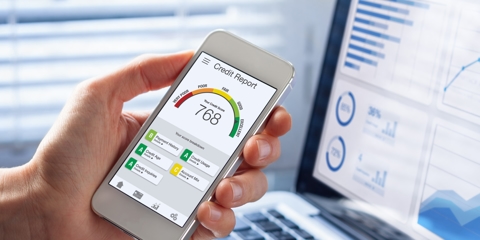Debt resolution is settling a debt with a creditor for less than is owed on the debt. Bankruptcy means filing papers in court stating that you are bankrupt, and asking the court to either discharge your debts or to reorganize the debts into more manageable payments.
Debt resolution is a good option for some people. Normally, you will have to have a sufficient monthly income, or you may be asked to make a lump sum payment to settle the account. That may mean that you have to stop all payments on accounts and save money until you have enough to make a settlement offer. This could damage your credit and cause you to be sued in court by creditors.
Normally, debt resolution is done through a nonprofit credit counseling agency. However, there are many, many debt resolution scams out there. It’s best to find an agency that is a member of the Association of Independent Consumer Credit Counseling Agencies or the National Foundation for Credit Counseling.
Debt resolution is often considered risky and does not work for many people. In some cases, it simply prolongs a consumer’s financial pain. In addition, there will still be late fees, collection notices, and possibly even threats of a lawsuit while the process is underway. You could go through the entire debt resolution process only to end up filing bankruptcy anyway.
On the other hand, bankruptcy is a court process that will either discharge debts (Chapter 7) or manage them into more manageable payments (Chapter 13). Some disadvantages to a bankruptcy are that it can be expensive to file, and it normally will do more damage to your credit score than debt resolution would. In addition, there are strict income requirements and asset limitations that must be met in order to file for bankruptcy.
If you have accumulated large amounts of debt that you are unable to pay, it’s important to explore your options. In most cases, although it will be more damaging to your credit score, a bankruptcy is your best bet, particularly if you can file a Chapter 7. A Chapter 7 bankruptcy will eliminate many or all of your debts, and you will be given a clean financial slate for the future. If you cannot qualify for a Chapter 7, and your only option is a Chapter 13, it may be wise to think about debt resolution as an alternative – it’s less damaging to your credit, and in both cases you will be paying the debt back anyway.
If you have questions about debt resolution versus bankruptcy, call the Atlanta bankruptcy attorneys at Holston & Huntley. Call us today at (404) 620-3337 consultations are free and you are under no obligation to use our services. We serve Metro Atlanta Georgia as well as Birmingham Alabama including surrounding areas.





